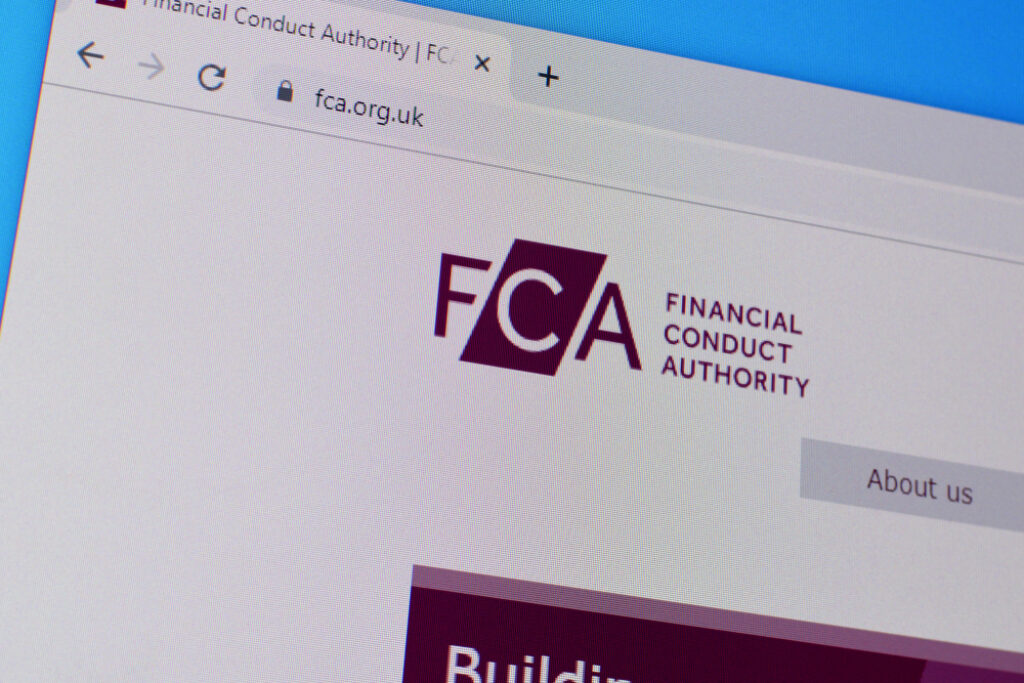The Financial Conduct Authority (FCA) has written to financial adviser firms for information about ongoing services.
The regulator has asked if firms have assessed their services in light of Consumer Duty and whether any changes have been made because of the new rules.
It has also asked firms for data on the number of clients who are due a review of the ongoing suitability of the advice, given how many have received a review, and how many clients paid for ongoing advice but had a fee refunded because the suitability review did not happen.
These data are being collected to see if any further regulatory work may be needed and what this might be. The regulator will update firms after collecting their responses.
The FCA has written to around 20 of the largest advice firms to gain a wider understanding of market practice. The firms included have not been chosen due to any concerns.
The regulator informed firms that it would be carrying out work in this area in a letter sent in December 2022. This letter said the regulator had concerns that firms were not considering the relevance, nature and costs of ongoing services.
The FCA sent another letter in January last year to explain how firms should implement Consumer Duty.
A later webinar on Consumer Duty revealed that the FCA was worried that clients were paying for ongoing services, such as an annual review, but not receiving them.
Industry experts have said brokers need to define the scope of their service and any ongoing monitoring after completion. Speaking to Mortgage Solutions last year, Tony Crane, founder of Crane Consulting, said advisers should determine whether the outcome of their service was the completion of a mortgage – which would then make ongoing monitoring the responsibility of the lender – or whether their service continued after this.
Related: Borrowers beware: Almost two-thirds of lenders are ‘unprepared’ for Consumer Duty





